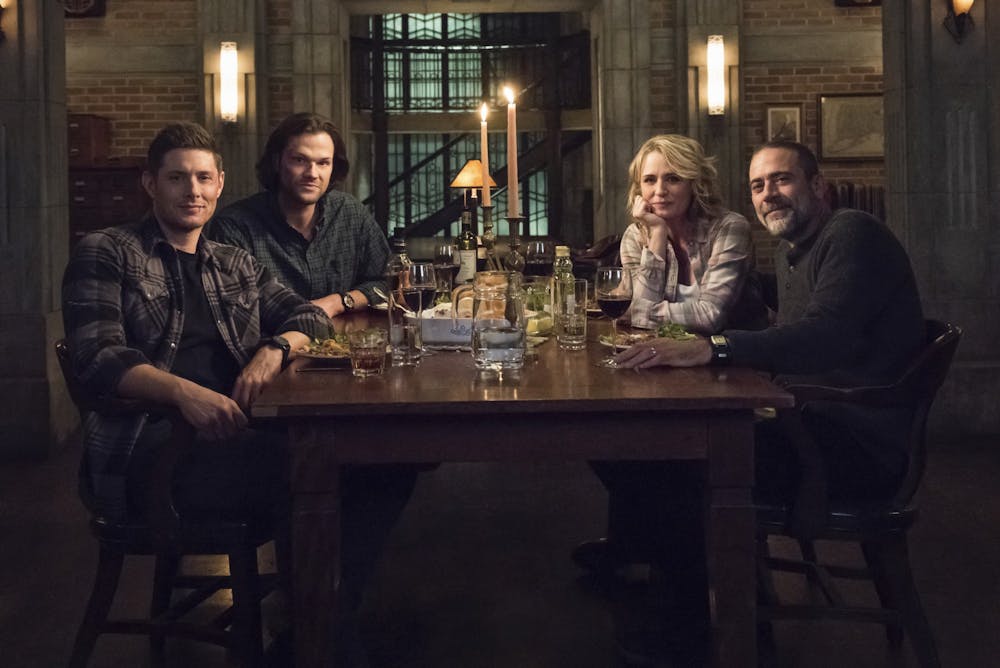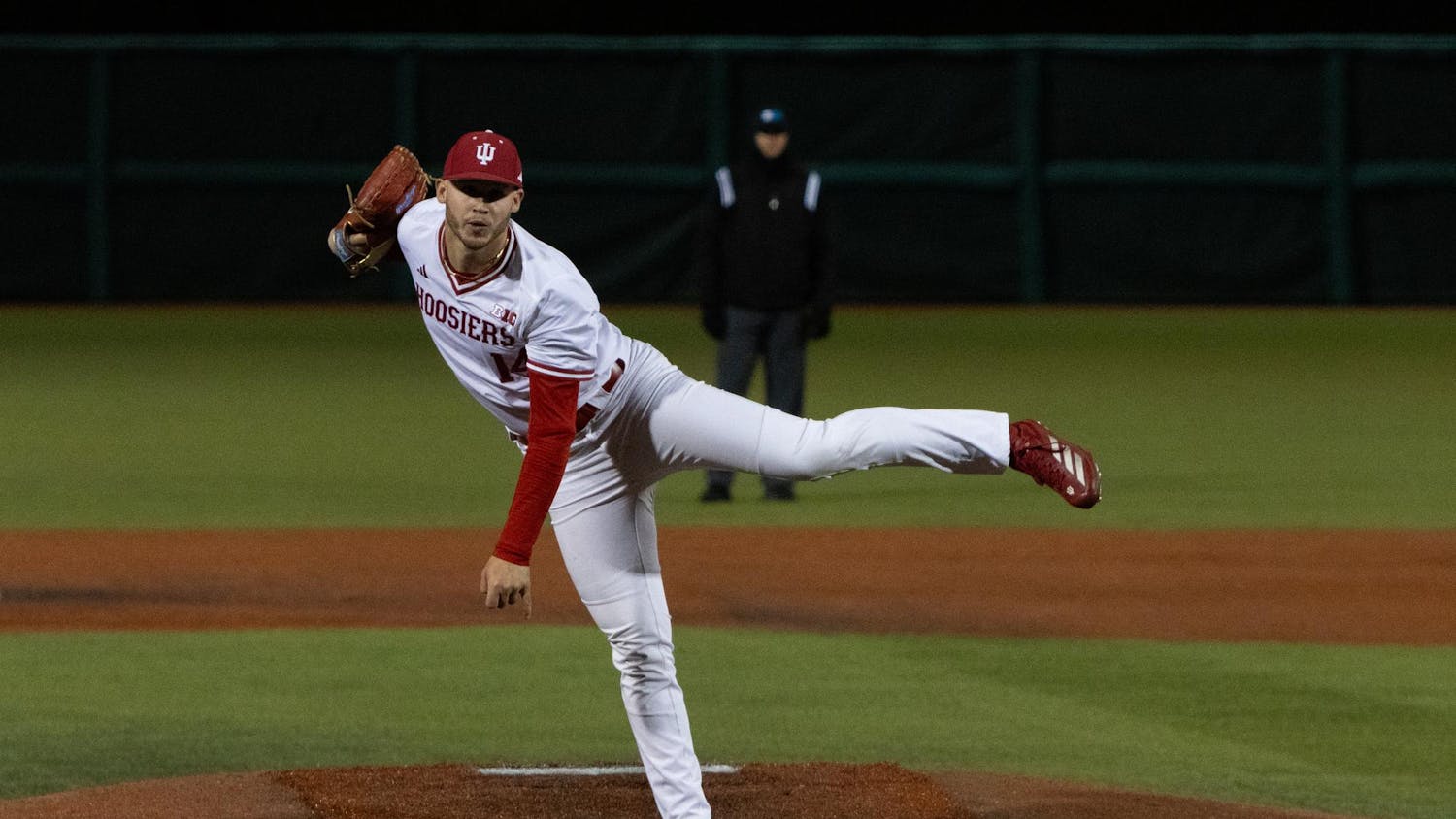The year is 2005.
It’s the year “Star Wars: Revenge of the Sith” will come out, and it’s the year Carrie Underwood will win the fourth season of “American Idol.”
It’s also the year the pilot for "Supernatural" will air on the Warner Brothers Network, which will later be reformed into what is now the CW. What started as a simple genre show about fighting ghosts and monsters — “saving people, hunting things,” as protagonist Dean Winchester would tell you — quickly transformed into a beloved character-driven drama that drew on mythos of all types.
Now, 15 years later, America’s longest running sci-fi series has finally come to a close. For a show often focused on action, the finale was a surprisingly peaceful ending that landed all the characters in the right places, even if its execution fell a little short.
"Supernatural" had its ups and downs over the years. It was in turns scary, silly and problematic. It has been a showcase for some stunning acting, as well as some ridiculous plotting. In retrospect, however, the show was more often good than bad, and sometimes even great.
The two main characters, Sam and Dean Winchester, and their dynamic as two very different yet devoted brothers was the foundation of the show. It’s this relationship that carried the first five seasons in particular. Yet there’s so much more to this series than just Sam and Dean, however compelling their dynamic was.
Take the fourth season, for example. This season sees the introduction of biblical storytelling, starting with the angel Castiel, who saves Dean from hell. From this point on, "Supernatural" became less about scariness and more about ideas like faith and free will.
Even in later seasons, there’s a lot of good stuff to glean from the show. Dean, in and of himself, is a prime example of complex characterization, no doubt helped by Jensen Ackles’ remarkable acting.
Also notable was the series’ portrayal of God as a controlling, self-righteous writer who ends up being the final “big bad.” It’s hard to imagine a storyline like that flying in early 2000s America. Season 15’s handling of his demise — in which his power is taken by a God-figure who is, by his own admission, “hands-off” — was quite brilliant, as it perfectly encapsulated the series’ theme of free will.
The show’s moments of true greatness, however, lie in its character-driven scenes. Take the brutal one-sided fight between Dean and Castiel in season 10’s “The Prisoner,” for example, or the heart-wrenching death of Sam in season two’s “All Hell Breaks Loose: Part 1.”
The most recent moment of greatness for "Supernatural" comes from the canonization of Castiel’s romantic feelings for Dean. Though this love confession was initially criticized by a number of outlets for playing into the infamous “Bury Your Gays” trope, the show ends up subverting this by revealing in the finale that the angel was saved from this supposed death and actually helped rebuild Heaven.
The show also left the door wide open on whether Dean returns these feelings. Given that Dean is seen by many as the epitome of red-blooded American masculinity, the fact the show was even willing to imply he may be bisexual is notable.
Ultimately, the two characters end up in heaven together, as confirmed by one of the show’s writers on Twitter, and whether Dean reciprocates Castiel’s feelings is left up to the viewer to decide.
This, along with Sam’s final love interest being a deaf woman, shows just how far the series came in terms of representation. This is something "Supernatural" has long been criticized for, especially since the controversy surrounding Charlie Bradbury who was, at the time of her violent and needless death, the show’s only notable LGBT+ character.
In the end, the show will truly be remembered for its unique relationship to its fanbase. This series is remarkably meta, from including the real life "Supernatural" books in the show to the God villain of the series being a clear metaphor for the writers themselves. In short, "Supernatural" knew its fans — and what they wanted — very well.
This awareness is evidenced by the finale, which delivers a resolution that finds most of the characters in heaven together, finally at peace. In this day and age, there’s something to be said for a happy ending.
"Supernatural" may not be a masterpiece, but its complex characters, fascinating relationships and diverse mythos make for compelling storytelling. Only in a show like this could we see such an interesting blend of Americana and religious imagery, with demons hitchhiking across the Midwestern roadside. Only in a show like this could a queer angel’s love be the force that saves the world.
May "Supernatural," in all its silliness and brilliance, be remembered as a true American cult classic. I don’t imagine we’ll see something quite like it again.
Molly Hayes (she/her) is a junior studying English. She plans to earn a Master of Library Science.






